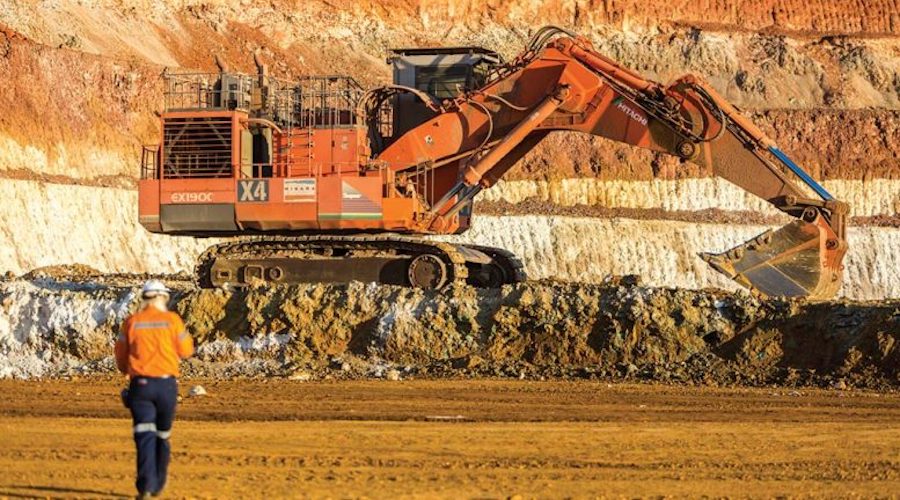Australia cobalt sector set for long term growth – report

During the first half of 2020, Glencore’s Murrin Murrin nickel-cobalt mine in Western Australia experienced 14% y-o-y growth in cobalt output, to 1.6 kilotonnes. In 2019, Murrin Murrin accounted for 66.7% of total cobalt output in Australia, at 3.4kt, making it the country’s largest single cobalt producer.
During the first half of 2020, Glencore’s Murrin Murrin nickel-cobalt mine in Western Australia experienced 14% y-o-y growth in cobalt output
In the coming decade, Fitch expects Australia to experience increasing cobalt production growth, highlighting several primary drivers. Fitch forecasts Australia’s cobalt sector to experience 5.3% average growth between 2021-2029, compared with an average of 2.4% between 2010 and 2020.
Strong reserves and a solid project pipeline will bolster production growth in the coming years, Fitch forecasts.
According to USGS estimates, Australia was the third-largest cobalt producer in 2019 behind the Democratic Republic of Congo (DRC) and Russia, producing 5.1kt. At 1.2mnt, Australia holds the second-largest cobalt reserves, making the country well-equipped to sustain production growth in the long run, says Fitch.
Australia presently has 68 cobalt projects detailed on its 2020 Critical Minerals Projects list, providing a strong pipeline for exploration and development.
Detailed in the government’s 2020 Critical Minerals Prospectus, Cobalt Blue’s Broken Hill Project will add strong upside to Australia’s output, Fitch forecasts. Unlike most cobalt projects in Australia, the Broken Hill Project is a primary cobalt project, with an annual expected production of 3.5kt upon ramp up.
A new government focus on critical minerals will increase the attractiveness of Australia’s mining regulatory environment. In 2020, the Australian government published the second edition of the Australian Critical Minerals Prospectus in order to promote investment in key projects including cobalt developments.
In January 2020, the federal government established the Critical Minerals Facilitation Office (CMFO) to further aid in the growth of Australia’s critical minerals sector by coordinating a national strategy.
The government has prioritized creating a supportive mining policy environment through state agencies Austrade and Export Finance Australia (EFA), as well as $32.7 million in grants issued to the country’s cooperative research centres projects.
Lower risk and increased sustainability initiatives will encourage a shift in investment from the Democratic Republic of Congo (DRC) to Australia, Fitch asserts.
The DRC is the largest global cobalt producer, accounting for 71.4% of total production in 2019. While the DRC possesses approximately three times as many cobalt reserves as Australia, miners operating there face considerably more risks, Fitch points out.
Australia is ranked third globally on Fitch’s mining risk reward index (RRI), ranking significantly higher than the DRC, which is positioned at 51.
Read the full report here.




